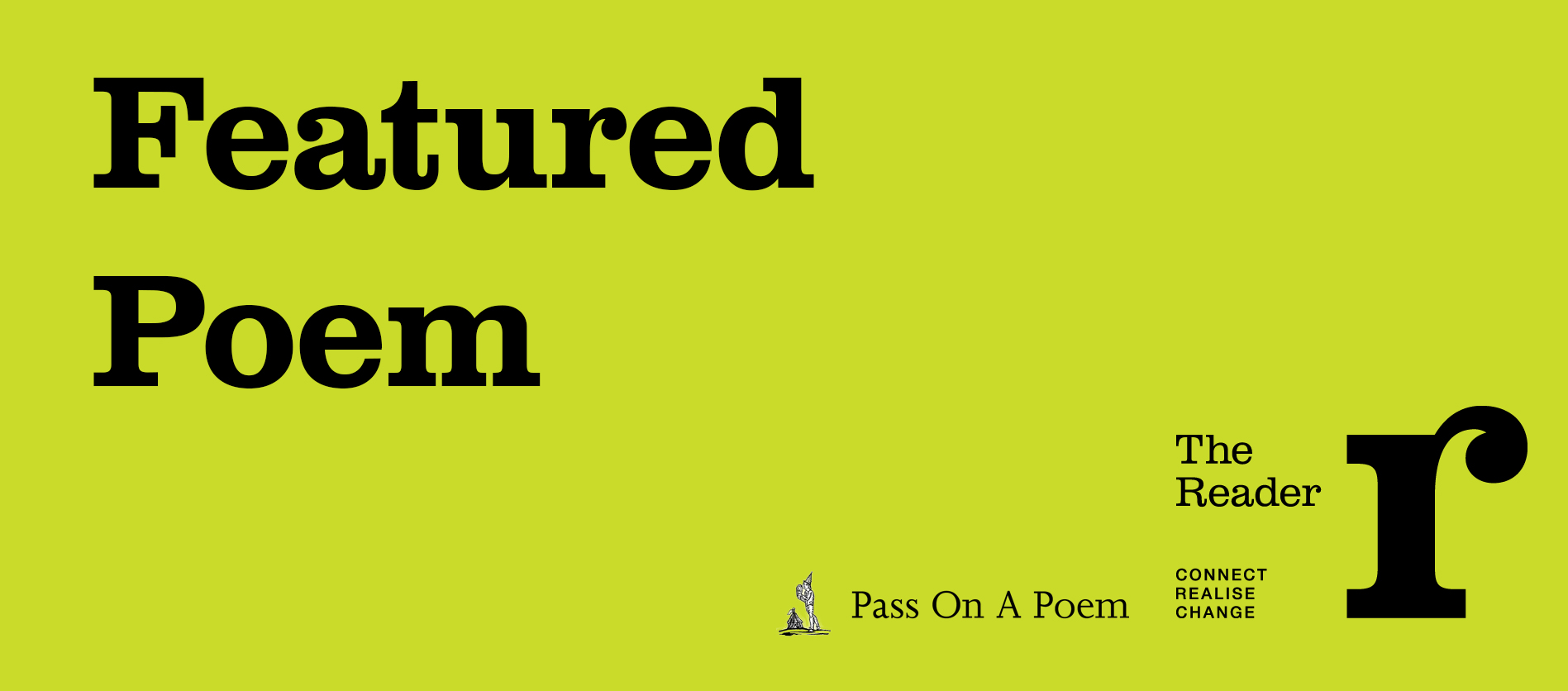Featured Poem: The Second Coming by WB Yeats

This week we look at WB Yeats' The Second Coming which, written in a time of turbulence and political change in Europe, may feel familiar in the modern day.
Written in 1919 in the aftermath of World War One and on the cusp of the Irish War of Independence that followed the Easter Rising, The Second Coming was to represent the birth of a new time to WB Yeats.
The poem includes imagery most associated with Yeats' legacy, reading as a dirge for the decline of European civilisation but also references Yeats' apocalyptic mystical theories.
The 'gyre' imagery creates a feeling of chaos as the world spinning outwardly cannot recall its own origin, reflecting the turbulence of war that had devastated much of Europe in previous years and the growing rise of industrialism and militarism that was prevalent on a global scale at the time.
The turning of a circle continues throughout the poem, the concluding lines incorporating Yeats' belief that history was cyclical - the age of the traditional ruling classes of Europe was coming to an end, the power and prominence of religion would decline.
The poem also marked a change for Yeats as a writer; The Second Coming is one of the last overtly political poems Yeats penned, returning to earlier themes of mysticism and asking more questions about the self, mortality and the idea of a poet's legacy.
The Second Coming
Share
Related Articles

Storybarn Book of the Month: Saving the Butterfly
This month, as part of Refugee Week (16-22 June), we've been taking a look back at one of our favourites…

Shared Reading in Wirral Libraries: ‘As a kid people read stories to you but as an adult you lose that – and it’s a fantastic thing to do!’
Two Strategic Librarians for Wirral Libraries, Kathleen McKean and Diane Mitchell have been working in partnership with the UK’s largest…

June’s Stories and Poems
This month we are celebrating the natural world, and especially the many wonderful creatures that live within it, with June’s…


